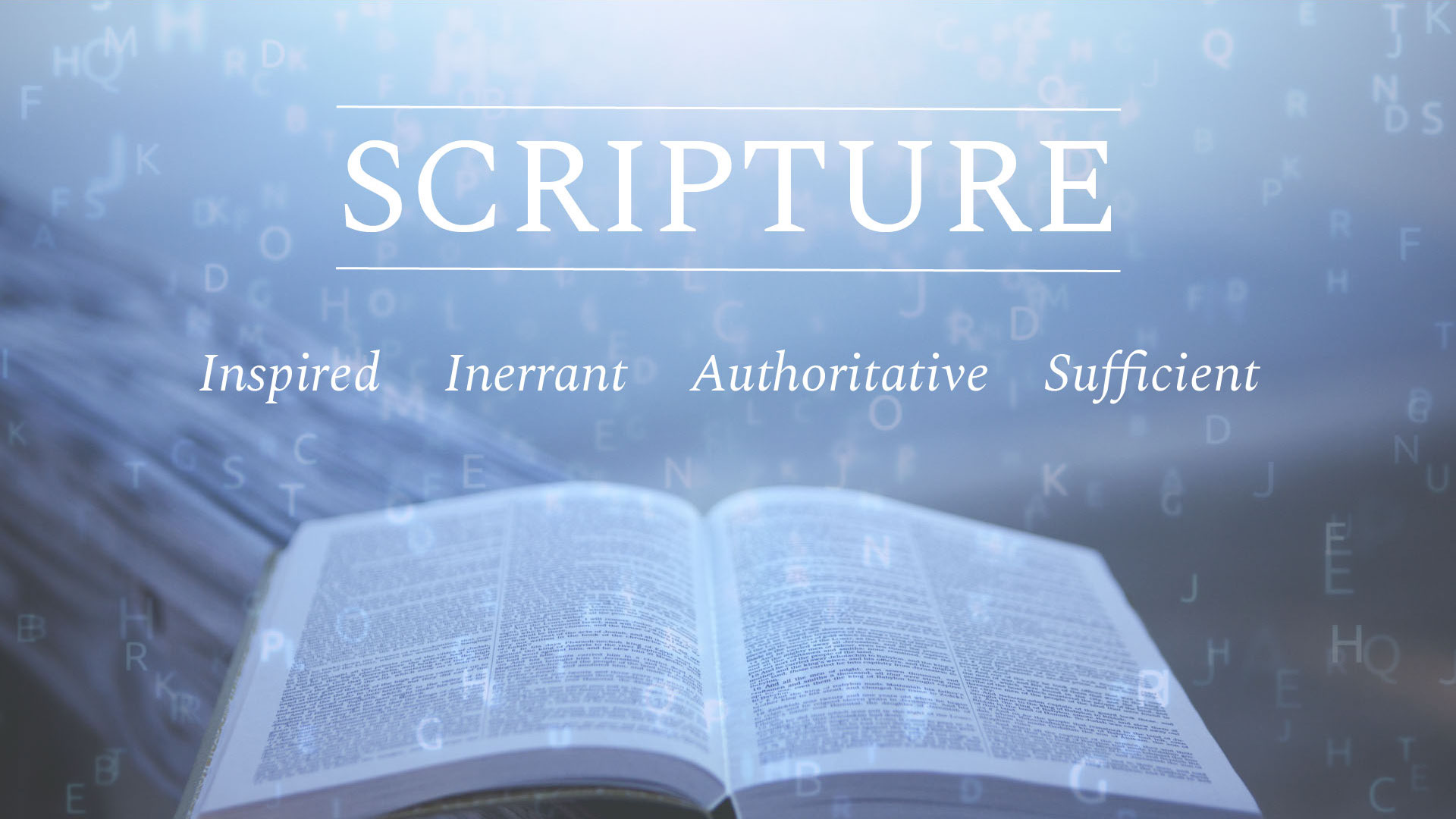-
The God Whom We Know
Contributed by Michael Stark on Mar 10, 2018 (message contributor)
Summary: What do we know about God? Does what we know influence our response to Him and to others? These are the issues explored in this message.
“We know him who said, ‘Vengeance is mine; I will repay.’ And again, ‘The Lord will judge his people.’ It is a fearful thing to fall into the hands of the living God.” [1]
Few portions of the Word are calculated to give the Christian pause as is this one verse. The Living God does not ignore sin, especially when sin is found in His own, dear child. We who know God are only too aware that we are held accountable for our choices, for our actions, for our words. We are told, “We must all appear before the judgment seat of Christ, so that each one may receive what is due for what he has done in the body, whether good or evil” [2 CORINTHIANS 5:10]. Knowing our accountability to the Living God should humble us. Perhaps humble is not the right word; perhaps “terrify” is a better choice.
Contemporary Christians are guilty of a terrible sin—we have lost the fear of the Lord. Oh, yes, I understand that God is merciful. I know that Christ Jesus calls us to come to Him for succor. He invites, “Come to me, all who labor and are heavy laden, and I will give you rest” [MATTHEW 11:28]. I understand that the Master is “a friend who sticks closer than a brother” [PSALM 18:24]. Yet, despite all this, I fear we Christians no longer hold the Lord God in awe. What is worse, I wonder whether we actually know God—I mean understand that He is God. We know about God, but do we know God? Do we actually know that God is not like us? Do we understand that He is holy? That He is merciful? That He seeks our benefit? Until we actually realise that God is holy, and that we are called to reflect His character, it is difficult to say anything concerning who He is or concerning our relationship to Him.
THE SETTING — In order to understand the citations that comprise our text today, it will be necessary to review what has gone before. So, let’s move back a few verses and see what is going on. Beginning from THE NINETEENTH VERSE, we read some most interesting statements.
The TENTH CHAPTER begins with a review of the breadth and efficacy of Christ’s sacrifice. We are informed of the greatness of all that He accomplished with His sacrifice—expiation for the sin of mankind is provided for all eternity. The writer points to the words of Scripture as the voice of the Holy Spirit promising all this. Quoting the words of Jeremiah, the writer says these are the words of the Holy Spirit.
“The Holy Spirit also bears witness to us; for after saying,
“‘This is the covenant that I will make with them
after those days, declares the Lord:
I will put my laws on their hearts,
and write them on their minds,’
then he adds,
“‘I will remember their sins and their lawless deeds no more.’
“Where there is forgiveness of these, there is no longer any offering for sin” [HEBREWS 10:15-18].
At this point, the writer begins the portion of the Word that will conclude with our text. “Therefore, brothers, since we have confidence to enter the holy places by the blood of Jesus, by the new and living way that he opened for us through the curtain, that is, through his flesh, and since we have a great priest over the house of God, let us draw near with a true heart in full assurance of faith, with our hearts sprinkled clean from an evil conscience and our bodies washed with pure water. Let us hold fast the confession of our hope without wavering, for he who promised is faithful. And let us consider how to stir up one another to love and good works, not neglecting to meet together, as is the habit of some, but encouraging one another, and all the more as you see the Day drawing near.
“For if we go on sinning deliberately after receiving the knowledge of the truth, there no longer remains a sacrifice for sins, but a fearful expectation of judgment, and a fury of fire that will consume the adversaries. Anyone who has set aside the law of Moses dies without mercy on the evidence of two or three witnesses. How much worse punishment, do you think, will be deserved by the one who has trampled underfoot the Son of God, and has profaned the blood of the covenant by which he was sanctified, and has outraged the Spirit of grace? For we know him who said, ‘Vengeance is mine; I will repay.’ And again, ‘The Lord will judge his people.’ It is a fearful thing to fall into the hands of the living God” [HEBREWS 10:19-31].

 Sermon Central
Sermon Central



